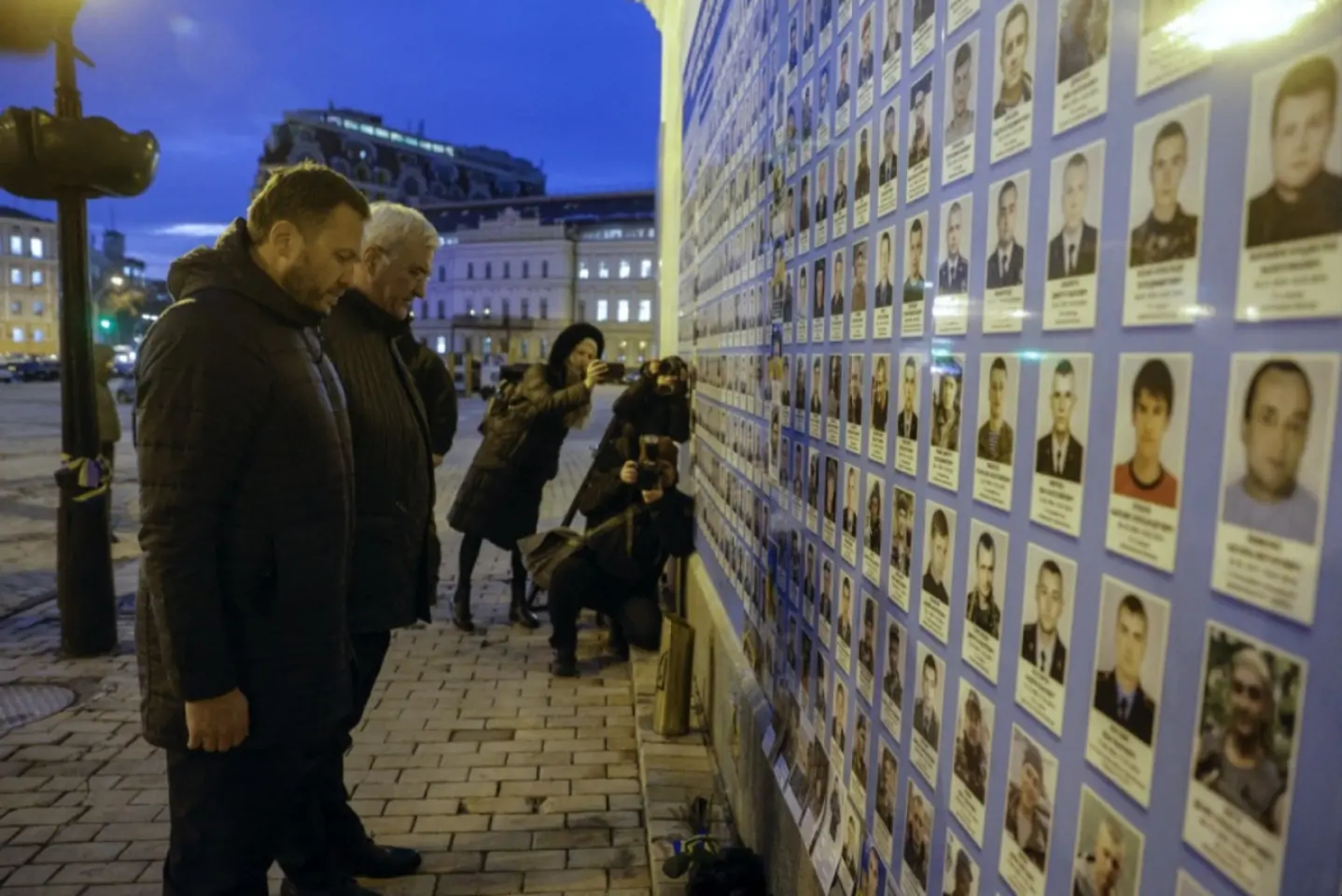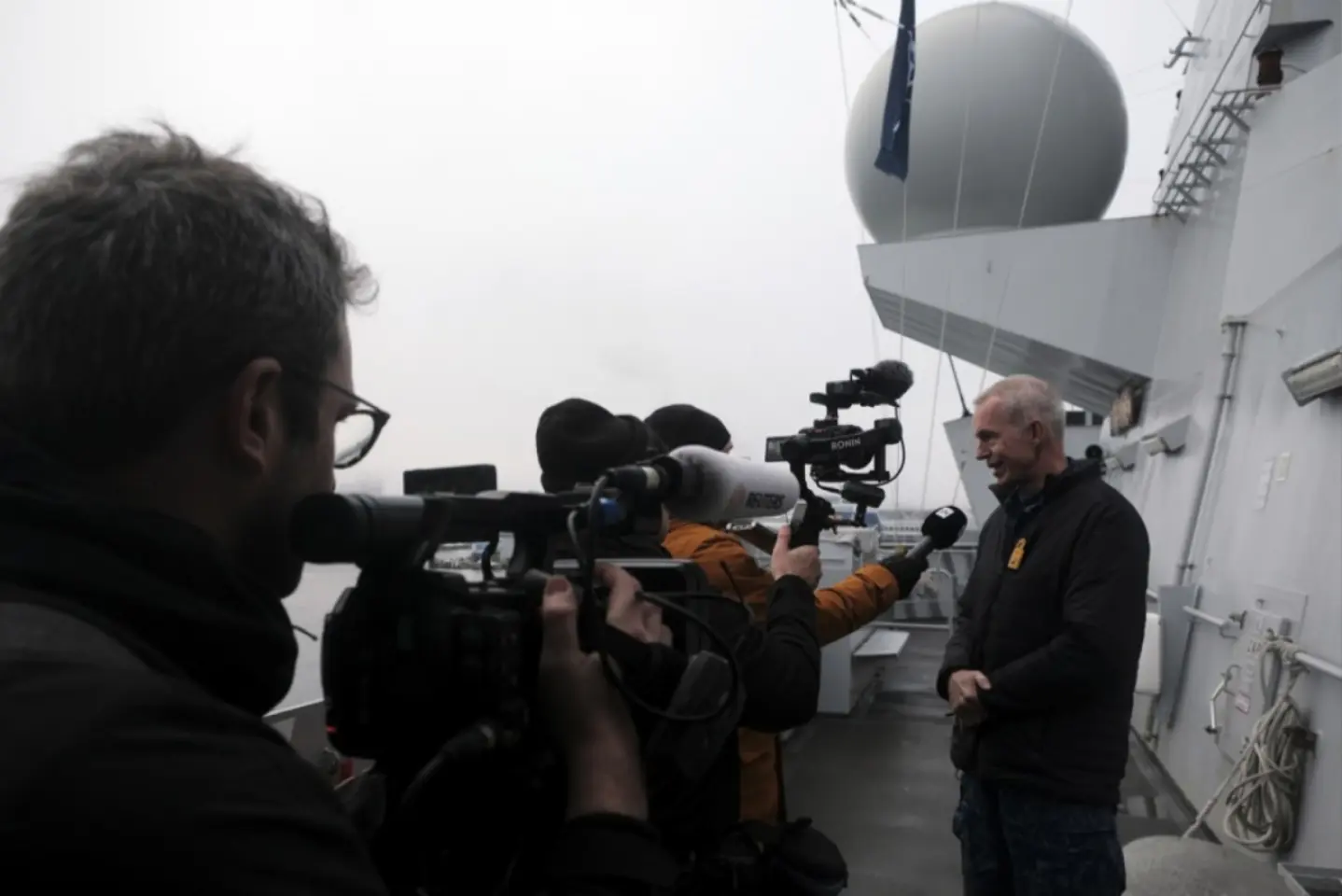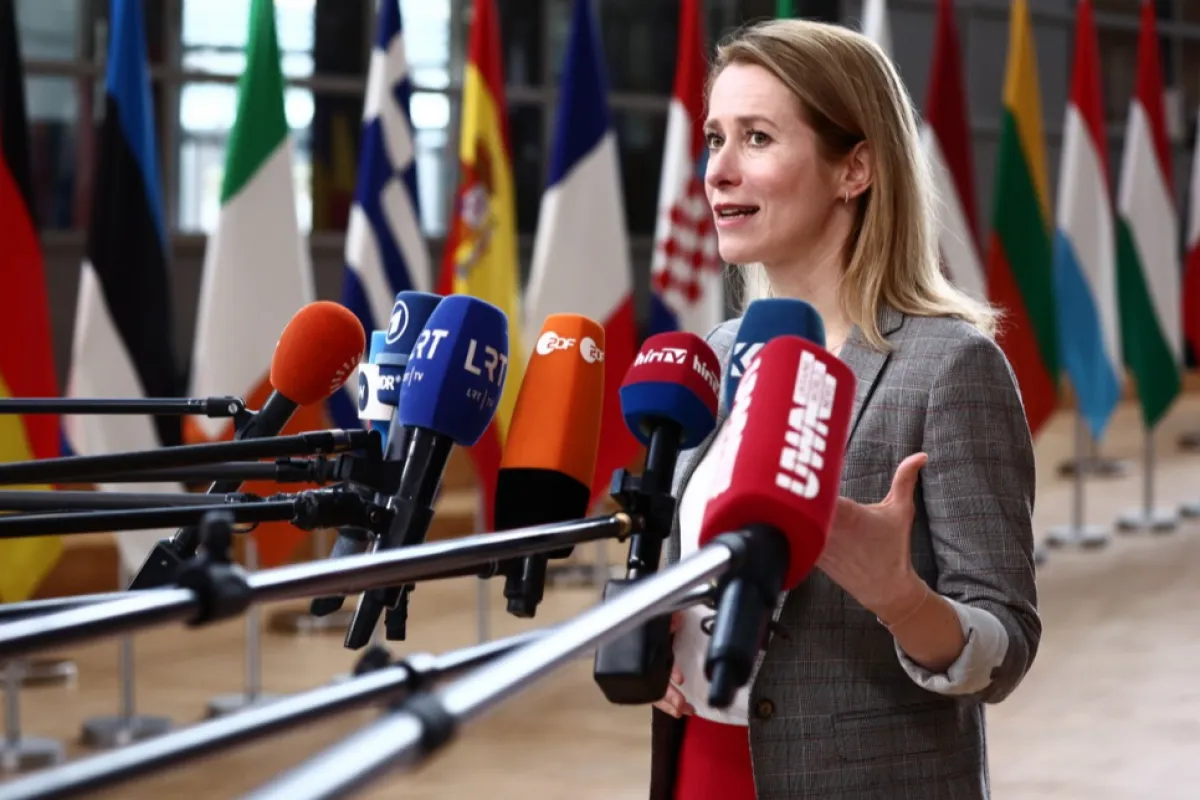
A study commissioned by the Estonian Ministry of Foreign Affairs in the spring revealed that the views of Estonian and Russian-speaking residents diverge significantly on most key issues of Estonia's foreign policy.

While Estonia leads in the press freedom ranking, Russian propagandists claim that Russian-language journalism is going through hard times in this Baltic country. However, the journalists themselves disagree with this assessment.

Amid the war in Ukraine, Estonia wants its Orthodox Church to cut ties with the Russian Patriarchy. The initiative could be unconstitutional.

Amidst the uncertainties surrounding American security guarantees, Estonia is also marked by a political crisis. The country’s far right is the only one who seems pleased with the new developments.

On February 8, the Baltic states completely disconnected their power grids from Russia’s and switched to the European grid. Contrary to concerns, this transition did not cause any major complications.

The Trump administration's signals about a US policy toward Moscow, Ukraine, and the EU are causing concern in Russia's neighborhood, from the Black Sea to the Baltic Sea.

A wave of "accidents"/sabotages in the Baltic Sea suggests that the tanker fleet used by Russia to evade Western sanctions is also being deployed in the hybrid warfare that Moscow is waging against the West.

Donald Trump's return to the White House has generated fears about his approach to Russia and the conflict in Ukraine, as well as the economic relationship with the European Union. Veridica’s team of contributors has analyzed how Trump’s return to power is seen in Brussels and in Russia's neighboring countries - some of them ex-Soviet or ex-communist states, most of them members of the EU or NATO or with Euro-Atlantic aspirations.

The dismantling of a GRU-ran group showed both that Russia is seeking to organize attacks in Estonia, and that its capacity to do any real harm is so for limited.

Although Russia is a threat to Estonia, Russian speakers here have voted for pro-Russian politicians in the legislative elections. They now want to win the main Russian-speaking city, Narva, in the local elections.

As Serbia’s relationship with the EU are tensed by a range of issue, including support for Russia, Belgrade is opening towards Estonia, one of Europe’s harshest Russia critics.

As Estonian resources for refugees are dwindling, and Ukraine is increasing efforts to draft fighting-age men that have left the country, there’s a debate whether Talinn should send refugees back home.

After Prime Minister Kaja Kallas decided to move to work in European structures, the Estonian government cabinet changed. The new Minister of Infrastructure position was unexpectedly awarded to a Russian-speaking politician, Vladimir Svet.

As Estonia’s Kaja Kallas is set to take over the top EU diplomat job from Josep Borrell, some expect a EU foreign policy more focused – and tougher – on Russia.

The Baltic states have similar backgrounds and are mostly supportive to each other. There is, however, a friendly competition in terms of the speed of their development, and Latvia lags behind.

Political parties in Estonia are trying to deprive Russian speakers of the right to vote and to kick out of the country the Russian Orthodox Church, seen as a Kremlin mouthpiece.

An exhibition in Narva, dedicated to the Soviet bombing of this Estonian city in 1944 and comparing it to Russian bombardments of Ukraine, has outraged some local residents and politicians. The reactions are at least partly influenced by overexposure to Soviet and Russian propaganda.

Russia is upping the stakes in its long game against NATO, as it put Estonia’s prime minister on a wanted list and unveiled plans to increase the number of troops deployed at the border. Experts think that, within 3 to 10 years after the end of the war in Ukraine, Moscow would be able to attack a NATO country.

In the Baltic countries, parties traditionally defending the interests of the Russian-speaking minority are suffering losses as the war has alienated some of their voters.

Finland closed its land border with Russia due to a hybrid threat, and Estonia may follow suit, although it has not done so yet.

In Estonia, Hamas’ attack on Israel and the subsequent military operation in Gaza were perceived as a threat to the country’s own security.

Estonia has pleaded tough sanctions against Russia, and yet Estonian entities and persons – even from the Prime minister’s family – have been breaking some of the existing sanctions.

Estonia could become a powerhouse in the strategic rare earth metals industry. Environmental concerns, outside competition, and opposition to mining are threatening that potential.

Estonia has one of the world’s best education systems but it’s only for Estonian speakers. There’s a parallel system for Russian speakers, which authorities now want to eliminate.

Once a major Soviet industrial center, Ida-Viruuma comes back to life, due to the European funds.